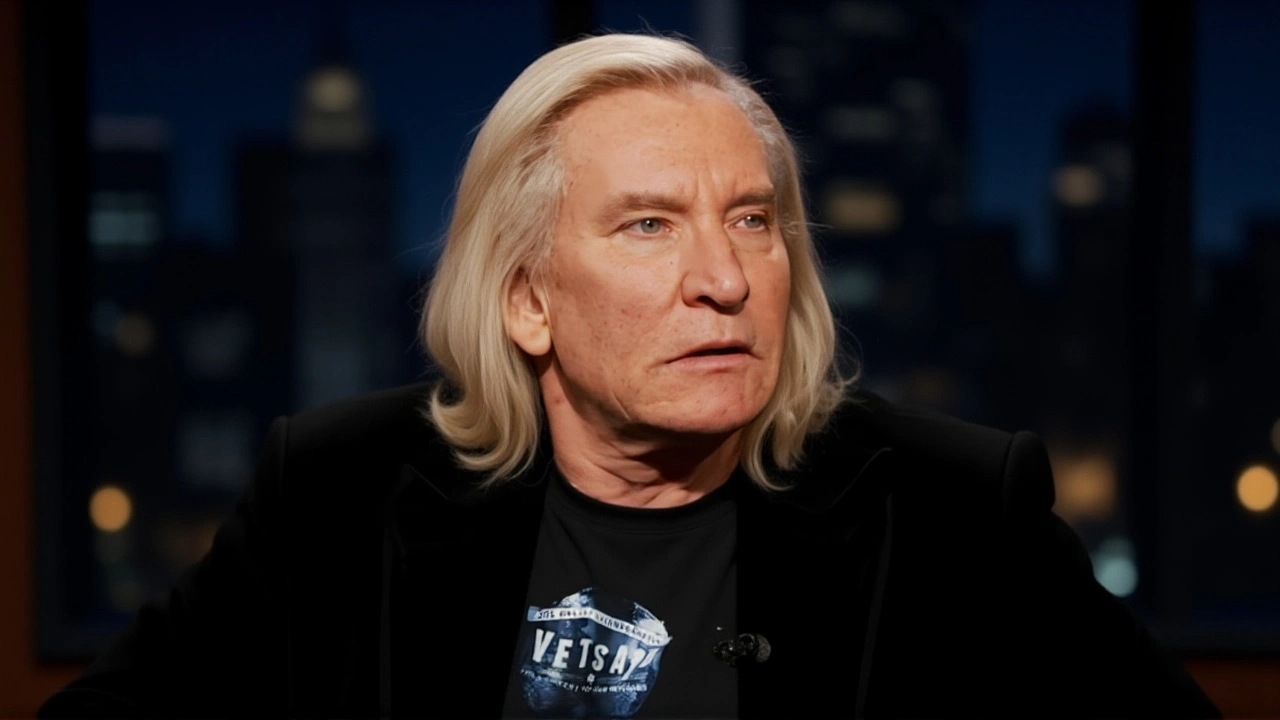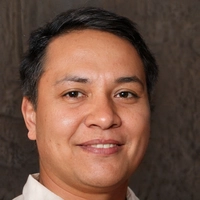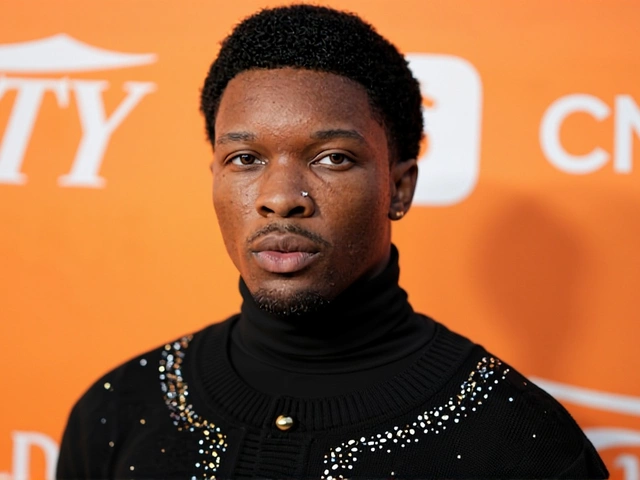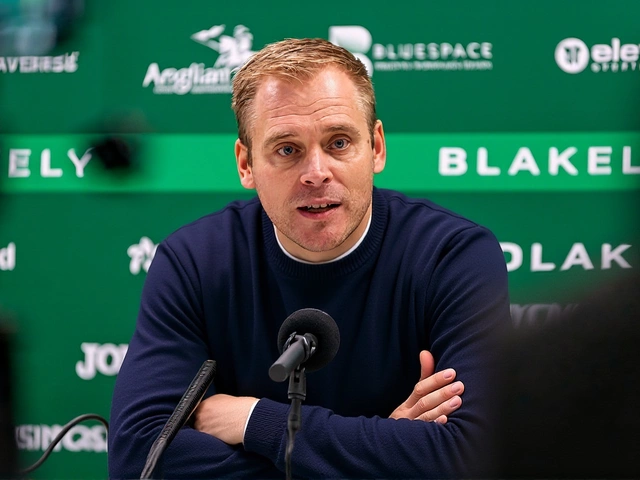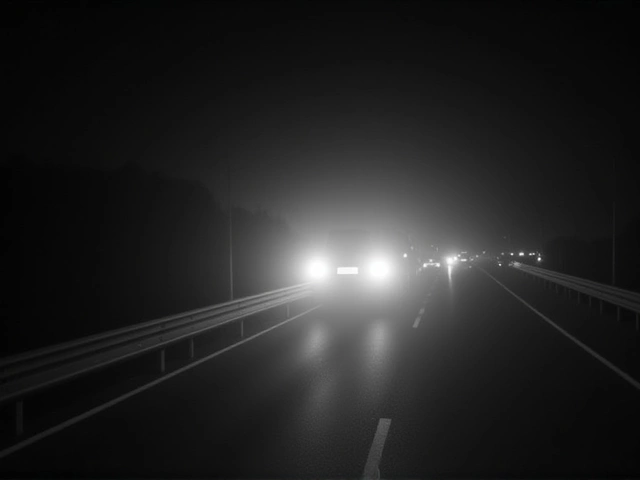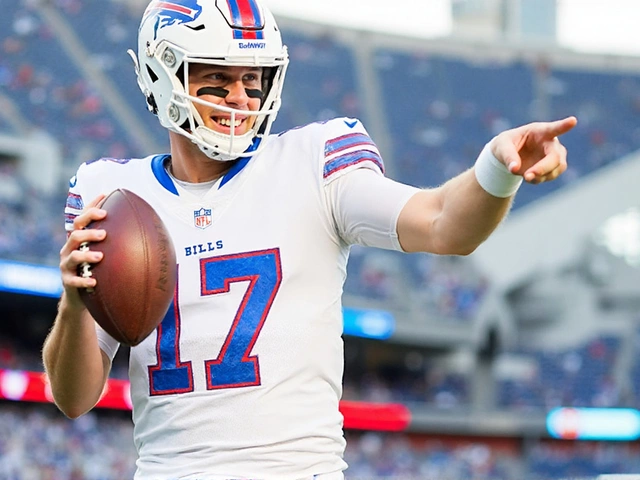When Joe Walsh stepped onto the stage at INTRUST Bank Arena on November 15, 2025, he didn’t just play music—he ignited a revival. The Joe Walsh of the Eagles had returned home to Wichita, Kansas, for the ninth annual VetsAid FestivalINTRUST Bank Arena, and this time, it felt different. Not just a concert. Not just another fundraiser. Something deeper. "It’s not just a show," Walsh told the crowd before the final encore. "It’s a revival."
A Homecoming With Heavy Hitters
Walsh, a Wichita native, made no secret of his pride in bringing the event back to his roots. He called it "a homecoming with the best American musicians I know." And he wasn’t exaggerating. Susan Tedeschi and Derek Trucks, the powerhouse blues-rock duo married in both life and music, delivered three blistering songs with Walsh’s band between Sets 1 and 2. Trucks, whose family still lives in Wichita, joked onstage, "I still owe my uncle $20 from 1992. Hope he’s here tonight." The crowd roared. Then came Nathaniel Rateliff. The soulful singer-songwriter, known for his raw, chest-thumping vocals, took the stage with three songs that left fans silent—then screaming. Walsh introduced him as "the magnificent," and for good reason. Rateliff’s rendition of "I Need Never Get Old"—a song he rarely performs live—brought tears to the eyes of veterans in the front rows. One man, wearing a faded 1st Infantry Division cap, wiped his face with his sleeve and whispered, "That’s the sound of coming home."The Unplanned Magic: Jimmy Webb and "Wichita Lineman"
The night’s most unexpected moment came in Set 4. Jimmy Webb, the legendary songwriter behind "Wichita Lineman," walked out unannounced. He and Walsh stood side by side under a single spotlight and sang the 1968 classic—just voice, acoustic guitar, and a quiet pedal steel. No drums. No backing band. Just two men, one song, and a city that still remembers the sound of a lonely lineman calling home. "I’ve played that song in stadiums," Walsh said afterward, voice cracking. "But never like this. Never here." Attendees described the performance as "raw," "holy," and "the kind of moment you carry for the rest of your life." Social media lit up with clips. One fan posted: "I didn’t know I needed to hear that until I did."More Than Music: The Real Work of VetsAid
VetsAid isn’t a concert with a cause—it’s a cause that happens to have concerts. Founded in 2017 by Joe Walsh and his wife, Marjorie Bach, the nonprofit has raised $4 million to date, according to KMUW’s 2023 interview with Walsh. The 2025 event alone drew over 5,000 people, with all proceeds going to three local veteran groups: the Wichita Police and Fire Foundation, the Wichita Kansas Intertribal Warrior Society, and KanVet United Organization. The funds will help pay for mental health counseling, housing assistance, and job training—needs that don’t make headlines, but keep veterans alive. "We don’t do parades," Walsh told The Sunflower in a November 2024 interview. "We go where the vets are. We listen. We fix what’s broken."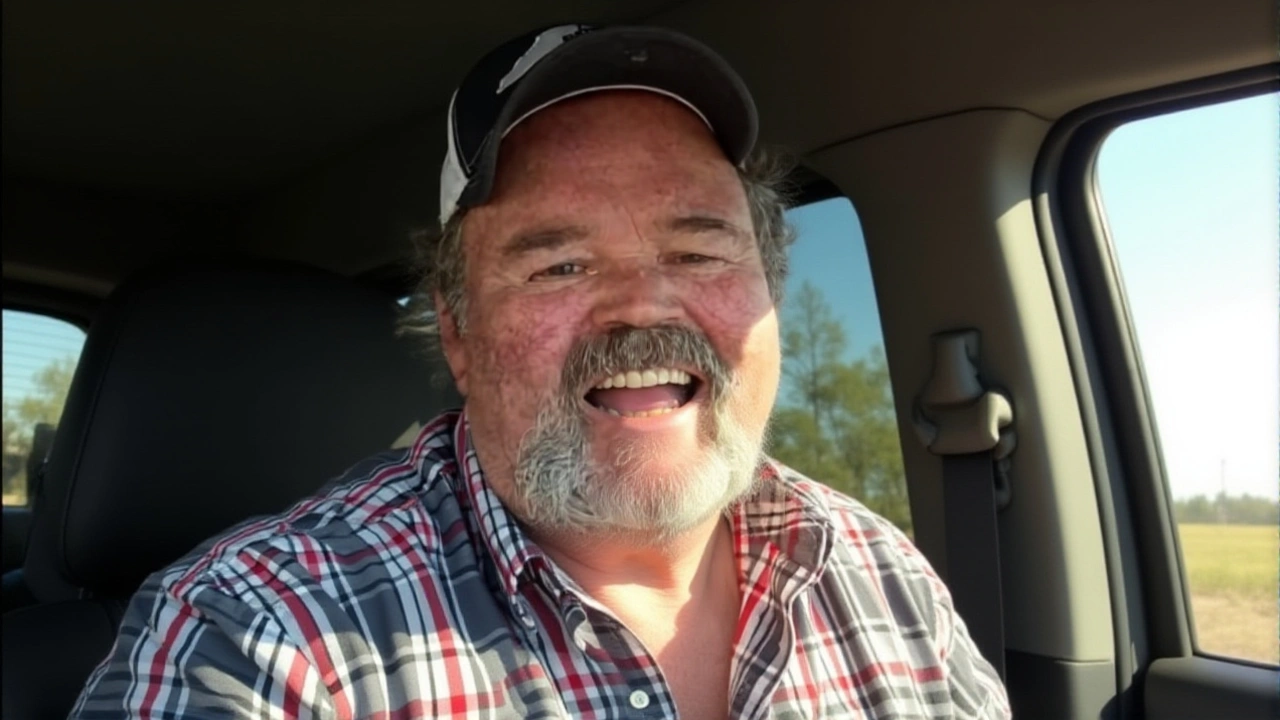
Why Musicians Say ‘Hell Yes’
What makes VetsAid unique isn’t just the stars—it’s the willingness of those stars to show up without ego. When Walsh asked Vince Gill, Ryan Bingham, and others to join, he said they all replied the same way: "Hell yes." "It really is an American thing," Walsh said. "There’s no politics in this at all. People come together." That spirit echoes through the festival’s history. Past editions have featured Don Henley, Ringo Starr, Dave Grohl, and even a surprise reunion of James Gang with Grohl on drums in 2022. This year, Roy Orbison III, Walsh’s godson, joined the stage—a quiet nod to legacy.What’s Next? A Street Named in Honor
Just weeks before the concert, the city of Wichita renamed a stretch of 21st Street as Joe Walsh Way. No ribbon-cutting. No politicians. Just a plaque, a guitar pick embedded in concrete, and a note from a 9-year-old veteran’s daughter: "Thank you for making sure my dad doesn’t feel alone." The message was clear: This isn’t about fame. It’s about belonging.Frequently Asked Questions
How much money did VetsAid 2025 raise, and where did it go?
While final figures are still being tallied, the 2025 concert drew over 5,000 attendees and surpassed the $1 million mark in ticket sales and donations. All proceeds went to three Wichita-based veteran organizations: the Wichita Police and Fire Foundation, Wichita Kansas Intertribal Warrior Society, and KanVet United Organization. Funds will support mental health services, transitional housing, and job placement programs for local veterans and first responders.
Why did Joe Walsh choose Wichita for the 2025 event?
Walsh, a Wichita native, wanted to bring the event home to honor his roots and spotlight the city’s deep veteran community. The decision also followed the renaming of a local street to Joe Walsh Way, a grassroots tribute from residents. He emphasized that veterans in smaller cities often get overlooked, and VetsAid’s mission is to go where they are—not where the spotlight is.
What made the Tedeschi & Trucks and Rateliff performances so special?
Both acts performed rare, emotionally charged songs not typically played in festival settings. Tedeschi & Trucks delivered a searing version of "Midnight in Montgomery," while Rateliff’s performance of "I Need Never Get Old"—a song he rarely sings live—moved several veterans to tears. Walsh described them as collaborators who didn’t just show up to sing, but to listen, connect, and carry the weight of the audience’s stories.
How does VetsAid differ from other veteran benefit concerts?
Unlike large-scale national events, VetsAid focuses on hyper-local impact. Funds stay in the host city, and partnerships are built with grassroots veteran groups, not national nonprofits. Musicians participate without pay, and the event avoids political messaging. Walsh’s approach is simple: music as community service. Since 2017, every dollar raised has gone directly to local needs—from heating bills to therapy sessions.
Who is Roy Orbison III, and why was he on stage?
Roy Orbison III is Joe Walsh’s godson and a musician in his own right, known for his haunting vocal style that echoes his legendary namesake. His appearance was deeply personal—a tribute to legacy and family. Walsh introduced him onstage as "the next generation of truth-tellers," and the two performed a quiet, stripped-down version of "Crying," a song Orbison Sr. made iconic. The moment was unplanned, unannounced, and unforgettable.
What’s the long-term vision for VetsAid?
Walsh and Bach aim to expand VetsAid into a traveling model, hosting annual events in cities with high veteran populations but limited resources—places like Rapid City, Mobile, and Grand Rapids. They’re also launching a mentorship program pairing veteran musicians with young artists to preserve the healing power of music. The goal? Not just to raise money, but to rebuild community, one note at a time.
